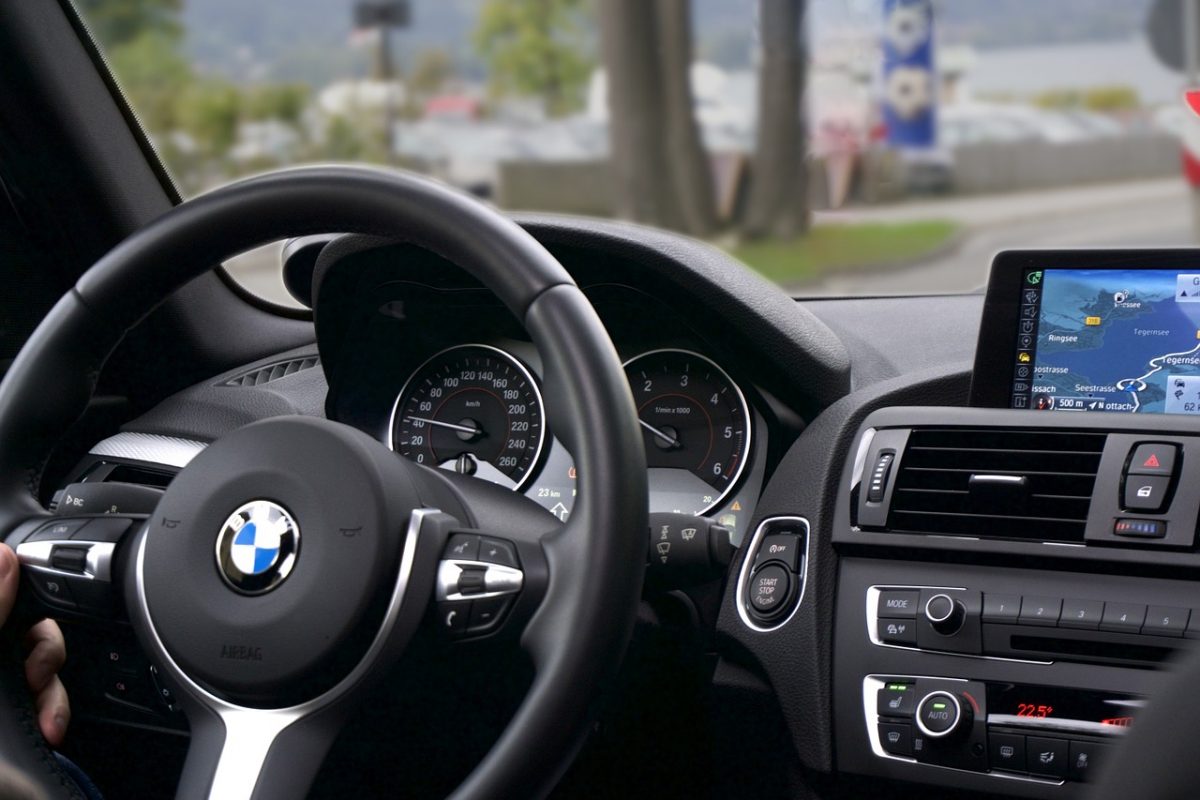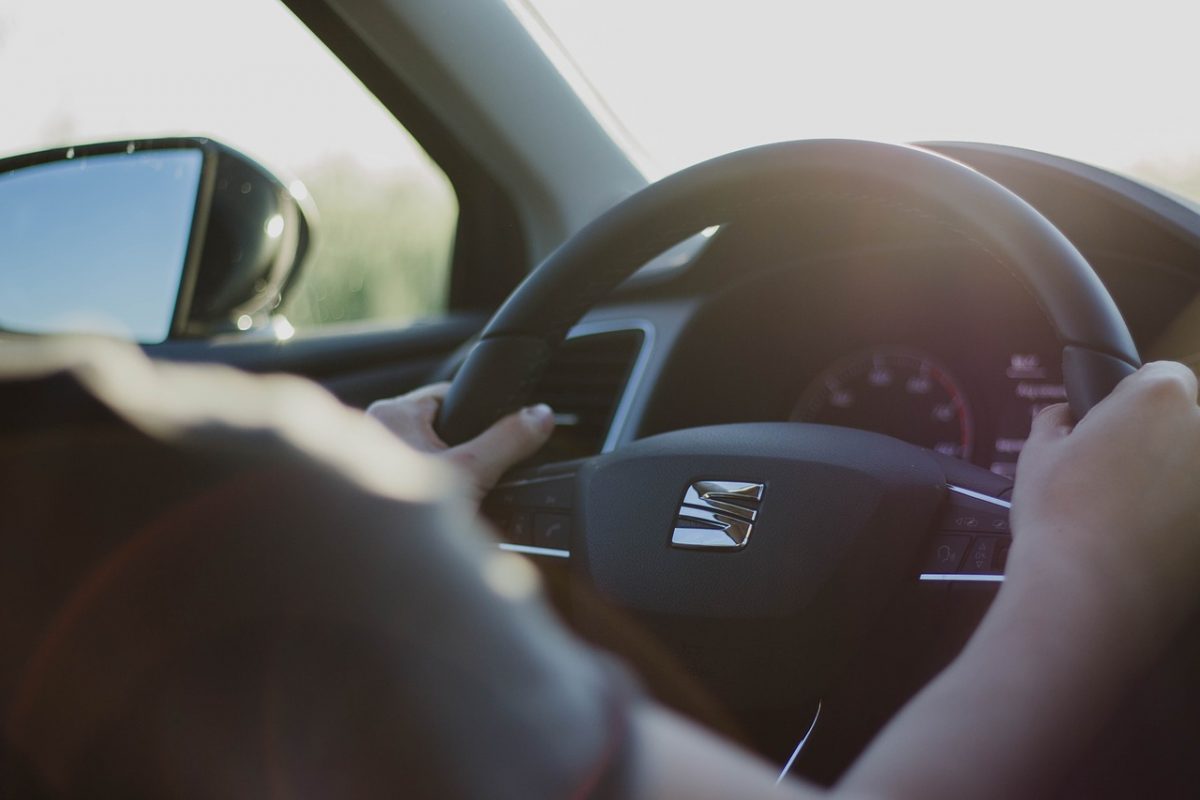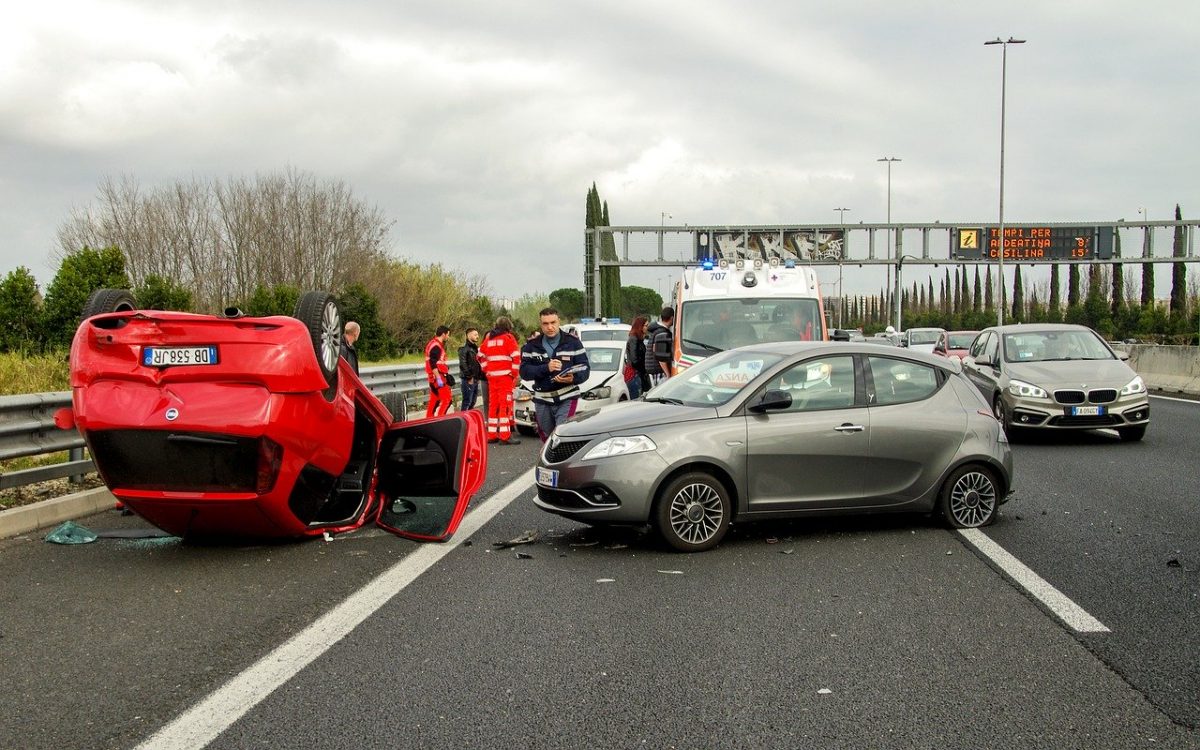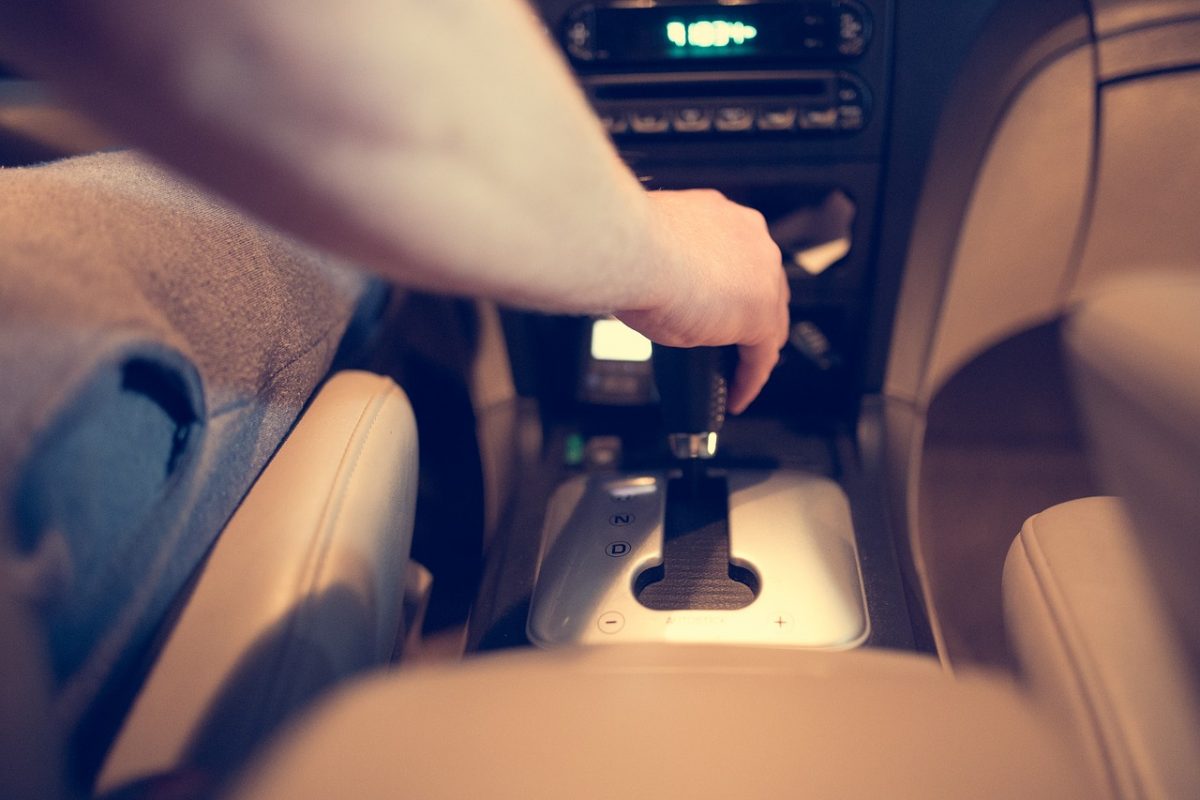A hit-and-run is when a driver flees the scene after hitting another car, pedestrian or object without providing their contact information, assisting in any way or contacting the police.
Under the UAE Traffic laws, any motorist that causes an accident must not leave the scene without offering information about themselves and assisting the affected. In case of a minor accident, the driver is free to move the car to a safer spot then inform the police. The Traffic laws provide for either imprisonment or fines starting from Dh20,000 in case of a hit-and-run.
However, that is not to say all motorists comply. So, what happens when you are a victim of a hit-and-run?
When hit by another driver who leaves the scene, their car insurance coverage won’t be available to cover the damages. However, your auto policy may help cover the costs of the damages.
Some of the coverages to damages to your car include:
Collision coverage
Collision coverage protects your car against any physical damage. It will help cover the costs of repairs or replacement in case of a total loss after the hit-and-run. While collision coverage is not mandatory, it is common for rented or leased cars.
Uninsured motorist property damage (UMPD)
Your insurance company is likely to consider a hit-and-run driver an uninsured. Therefore, without the collision coverage, you can opt for the UMPD to help cover the costs of damage from the accident.
Medical payments/personal injury protection (PIP)
The medical payments and personal injury protection work irrespective of who’s at fault hence can be used in case of a hit-and-run. The medical payments cover medical expenses from the accident for you and the passengers involved. PIP covers medical expenses and additional expenses like child care, lost wages, household-related and funeral expenses.
When involved in a hit-and-run, contact the police as soon as possible to file a report, document the scene for evidence, then contact your insurance company.
Bottom Line
You can never be too sure of the actions of the other driver who causes you an accident. However, you can keep protected at all times through the right coverage. Contact us today to help you find the right low car insurance coverage that will cover you in case of a hit-and-run.







